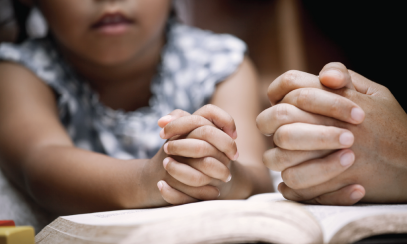
Hey Baby, Come a Little Closer
Is Dancing at the Prom Immoral?
Is Dancing at the Prom Immoral?
Each generation questions the taste of those that follow, whether it be in hairstyles, clothing or even slang. If you got “jacketed” in the 1950s, that meant you were going steady. Close friends were “tight” in the 60s; and if you were very excited in the 1970s, you were “juiced!” No teen wanted to be “toast” in the ’80s because it meant some kind of trouble, but, “Hey, dawg” was OK in the ’90s – you were just being greeted as a friend! Now, if the subject of an e-mail is NSFP, that means “Not Safe for Parents” and they want to keep plans clear of your monitoring eyes!
If fads are always changing, can we just relax, knowing that our parents were just as dismayed by our behaviors? After all, when Elvis Presley appeared on Milton Berle’s Texaco Star Theater, audiences were stunned and called him, “Elvis the Pelvis”! Or has a line been crossed?
What goes around, comes around – 1920s smudgers
A smudger liked to dance closely! But recently, I observed high-school dancers who put smudgers to shame. Students formed a circle, hoping to hide couples in the middle from the eyes of the chaperones. The inner couples began to dance provocatively. School officials stopped the dancing and enforced the rule: Face to face with a little space. Schools across the nation confront this issue; many consider it a matter of changing styles. When the principal at John Glenn High School in Bay City, refused to allow this type of dancing, many parents were upset. As one mother said, “I understand that some forms of dancing are just what people do today.”
Purity of intention
School dances are intended to bring together adolescents for fun, wholesome purposes; to enhance their social relationships; and to build a sense of community within the school. As our catechism says, “Modesty inspires a way of life which makes it possible to resist the allurement of fashion and the pressure of prevailing ideologies.” (CCC 2523)
Do rules against freak dancing diminish a homecoming dance or a prom experience? No! What can we do as parents?
• Encourage schools to establish and enforce rules about appropriate behavior at dances.
• Volunteer as a chaperone and put your parenting skills into practice.
• Talk to your son or daughter about modesty.
In his address at St. Joseph Seminary, Pope Benedict XVI said, “Sometimes we are looked upon as people who speak only of prohibitions. Nothing could be further from the truth! Authentic Christian discipleship is marked by a sense of wonder. We stand before the God we know and love as a friend, the vastness of his creation, and the beauty of our Christian faith.” (Yonkers, April 19, 2008).



